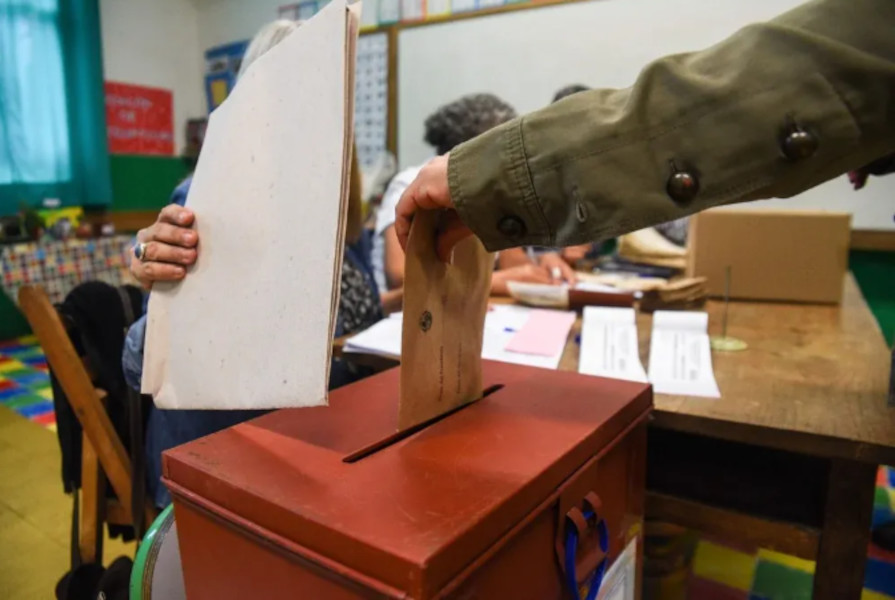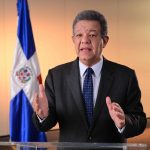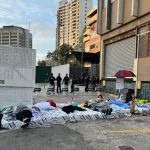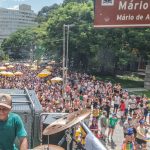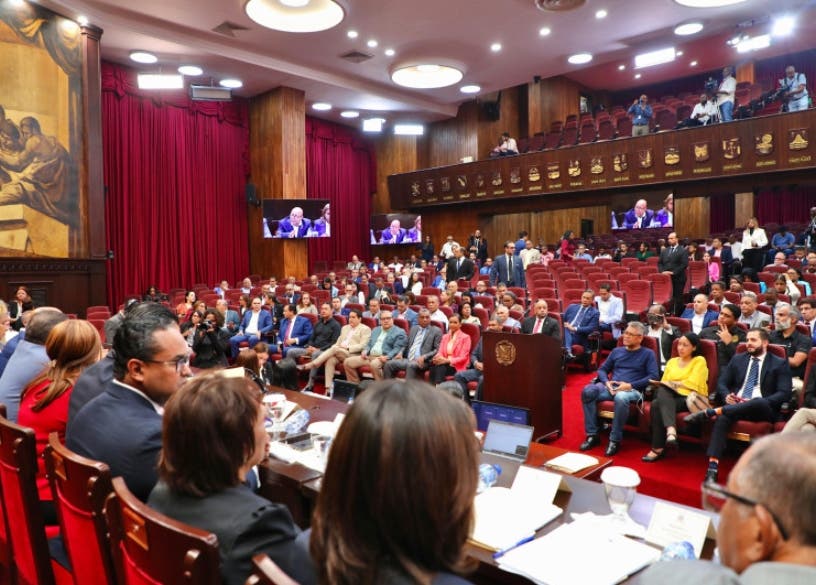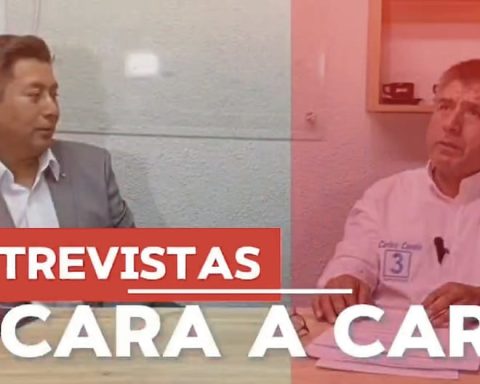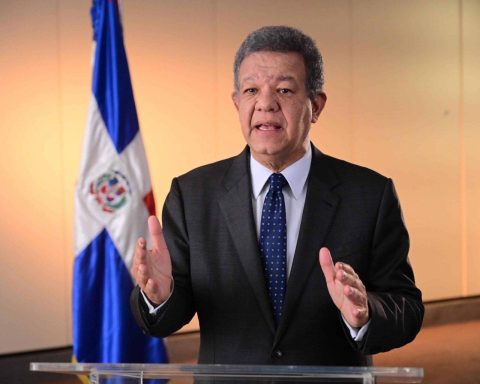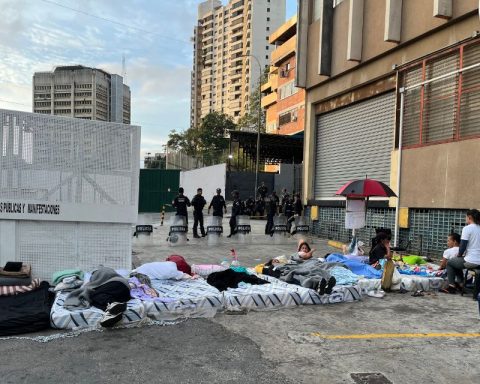In a few days, Uruguayans over 18 years of age will go to the polls to decide who will be the rulers of the Eastern Republic of Uruguay for the next five years.
The presidential and parliamentary elections in our country will take place on Sunday, October 27, 2024. There will be seven thousand voting stations throughout the country and they are enabled to vote for some 2,727,000 people.
In these elections, the different presidential formulas of the parties that have exceeded 500 votes in the internal elections are voted on, the occupants of the 30 seats in the Chamber of Senators, the 99 in the House of Representatives and the two plebiscites that were held. to the votes for its authorization: the one for night raids and the one that seeks to reform social security.
In the event that none of the parties reaches the absolute majority of votes cast (50% +1 of the votes), the election will have to be decided in a second round between the two candidates with the most votes in this instance on Sunday, November 24. of 2024.
Plebiscites and ballots
Furthermore, in these elections two popular consultations will be held: the Social Security plebiscite (or retirement reform) and the plebiscite on night raids. Therefore, in addition to keeping the lists of presidential candidates, if the voter decides to vote in favor of one of these plebiscites, they must have the corresponding ballot.
The plebiscite on Social Security: the proposal of the Pit-Cnt and allied organizations is to modify article 67 of the Constitution to set the retirement age at 60 years, equalize minimum pensions with the national minimum wage and eliminate fund administrators pension savings (AFAP). This plebiscite, meanwhile, can be voted with the white ballot.
The plebiscite to enable nighttime raids was presented by senators and deputies from all political parties, except the Frente Amplio, and was voted affirmatively by more than two-fifths of the General Assembly.
The project seeks to reform article 11 of the Constitution of the Republic, so that the Police are allowed to carry out night raids with the order of a judge.
You can vote affirmatively for this plebiscite by placing the yellow ballot in the voting envelope.
Observed voting: what is it and who can vote observed?
“Observed vote” is called when a voter cannot vote in the electoral circuit that was assigned to them according to their credentials and ends up voting in another. When voting as observed, a special procedure must be carried out that includes sufficient data to certify the validity of said vote. For this reason, the counting of observed votes is slower than that of unobserved votes.
Currently, only those who, due to their status as members of the voting tables, custodians or similar, are prevented from traveling to the assigned circuit can vote under this modality.
The presidential formulas
The presidential formulas confirmed by the political parties are 11:
-Wide Front: Yamandú Orsi and Carolina Cosse
-National Party: Álvaro Delgado and Valeria Ripoll
-Colorado Party: Andrés Ojeda and Robert Silva
-Open Town Hall: Guido Manini Ríos and Lorena Quintana
-Sovereign Identity: Gustavo Salle Lorier and María Elvira Canoniero
-Independent Party: Pablo Mieres and Monica Bottero
-Popular Assembly: Gonzalo Martínez and Andrea Revuelta
-Constitutional Environmentalist Party: Eduardo Lust and Luján Criado
-Intransigent Radical Ecological Party: César Vega and Sergio Billiris
-Party for Necessary Changes: Guillermo Franchi and Virginia Vaz
-Republican Advance Party: Martín Pérez Banchero and Daniel Isi
Those who are not required to vote
This is an instance in which all people who are registered in the National Civic Registry must attend to vote. However, there are certain people who are not required to cast their vote.
According to the Electoral Court, there are three reasons why voting is not obligatory for a person.
The first is if you suffer from an illness, disability or physical incapacity that prevents you from attending the voting station on election day. It should not be confused with a justification due to old age, although advanced age can lead to these aforementioned drawbacks.
To justify this cause, a medical certificate must be presented (accompanied by a professional stamp, if it was issued by a private institution), or a certificate issued by a care or asylum establishment.
Another case in which a voter is not obliged to vote is if he or she is outside the national territory on election day. For this justification, if you have been traveling, you must present “any means of documentary evidence showing the date of departure and entry into the country, for example a certificate from the National Immigration Directorate, a stamped passport or tickets that prove these extremes.” , proof of work abroad or others of a similar nature,” the organization explained. The period to justify is extended during the 30 days following your return.
If you live abroad you must go to the nearest Uruguayan consular office within 20 days before and after the election.
In the event of a second round (or runoff), the deadline to justify not casting a vote for both instances will be from November 26 to December 26.
These will be carried out through a digital form that will be published on the Electoral Court website.
